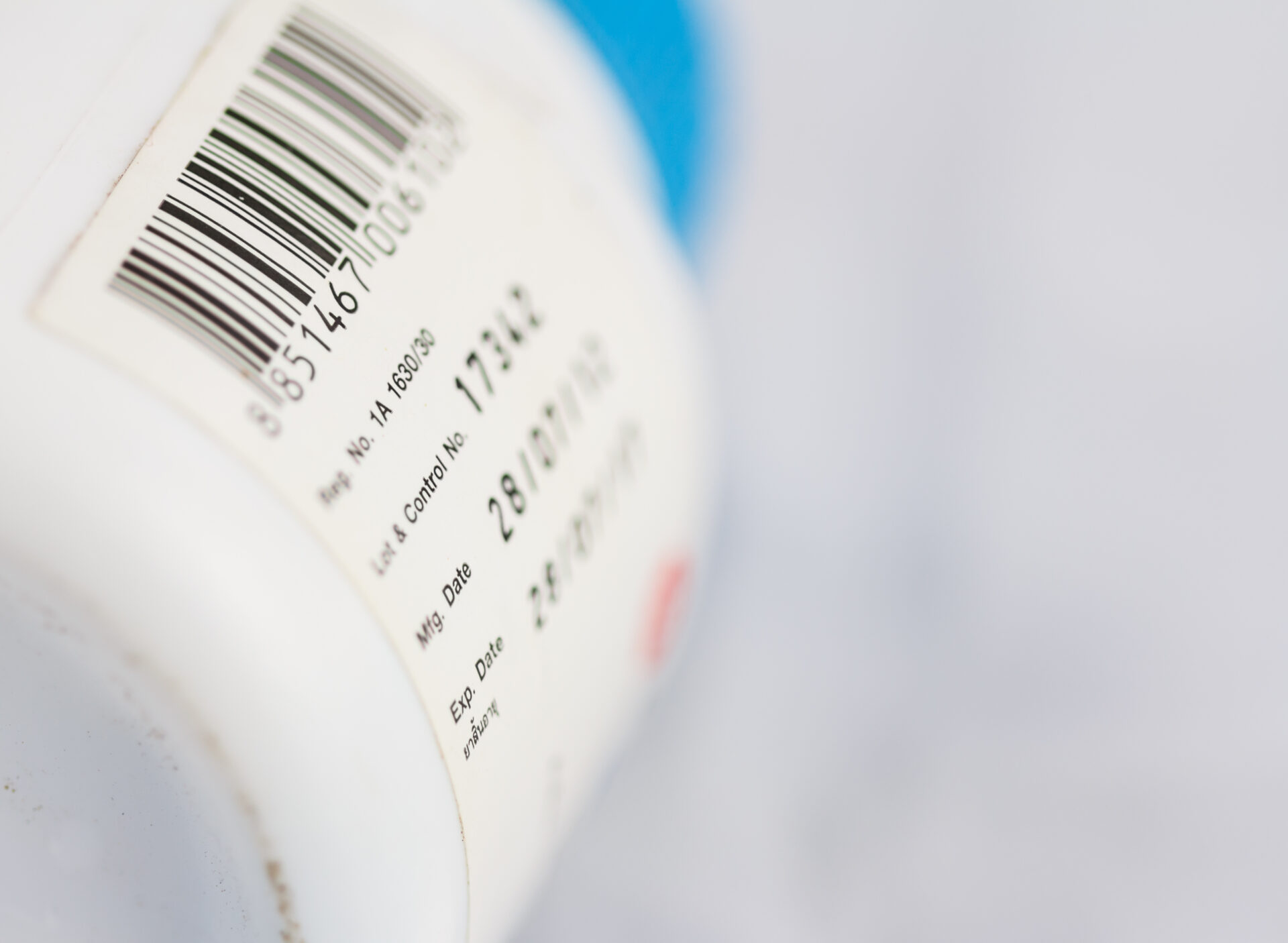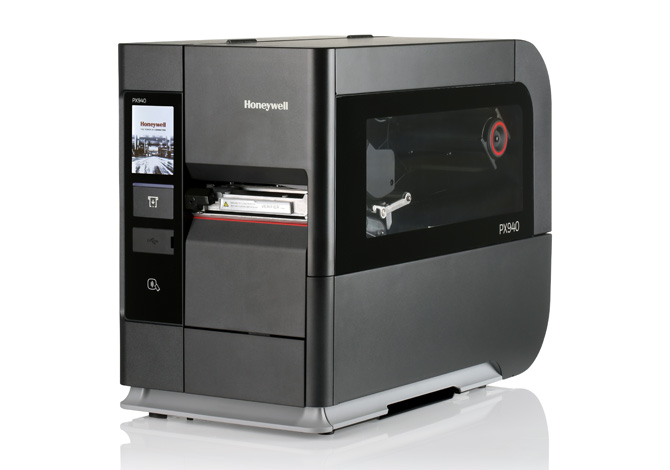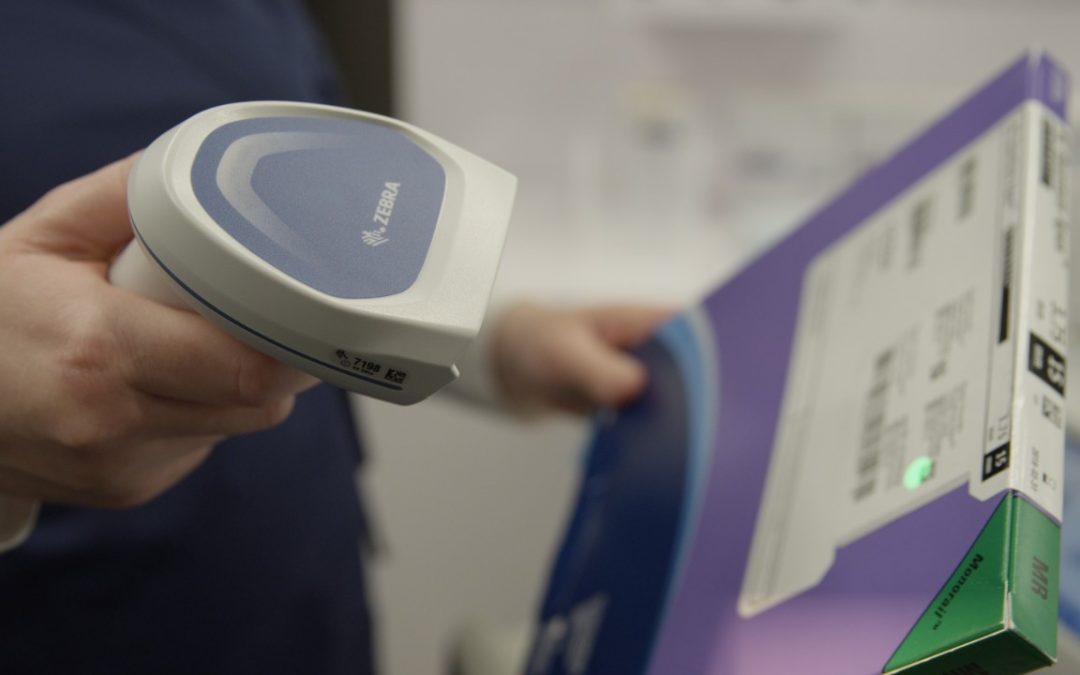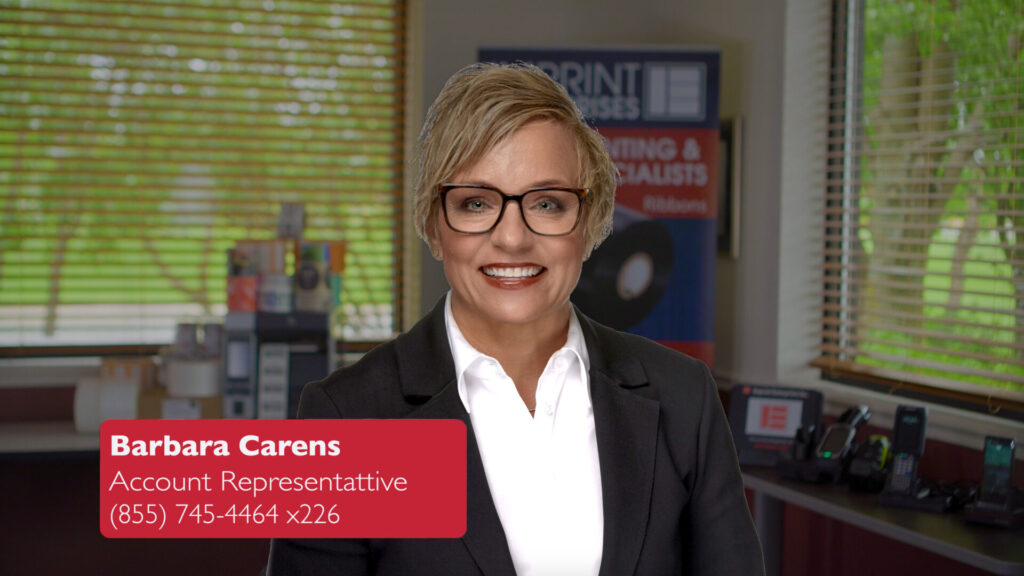The US Food and Drug Administration (FDA) requires using a unique device identifier (UDI) on barcode labels. These labels must be readable by man and machine (scanners). If the labels are not done to specific standards, your company is liable for more than just fines and chargebacks. Private label distributors are susceptible to the possibility of a legal exposure.
Proper barcode labeling tracks materials from manufacturing, through distribution, to the end user. This can impact patient safety and the tracking of accountability. It is crucial to your company to understand UDI requirements on a barcode label and manage compliance labeling.

How much are those pharmaceutical and healthcare contracts worth to your company? How do you ensure that every UDI requirement is met?
Your company is liable for more than just fines and chargebacks. Private label distributors are susceptible to the possibility of a legal exposure.
UDI Requirements

Device labelers are required to include a UDI on devices and packages, submitting that device information to the Global Unique Device Identification Database (GUDID). If your company applies labels to devices or cause the label of a device to be modified for commercial distribution, then it is critical for your company to adhere to UDI requirements.
Barcode labeling requirements include:
- Brand name
- Description
- Catalog number
- Size
- Storage and handling
- Device identifier
- Product identifier
- Lot or batch number
- Serial number
- Expiration date
- Date of manufacturing
- Distinct identification code required by §1271.290(c) for a human cell, tissue, or cellular and tissue-based product (HCT/P) regulated as a device.
- Labeler name & physical address
- Customer contact information
All labels must be readable in plain text, as well as machine readable with scanning using AIDC (automatic identification and data capture) technology.
As a device labeler, or the manufacturing company, there is the added legal exposure to meeting UDI requirements. Legal definitions can be murky and are often confusing. In an ERG Report released in May 2012 (page 3-2), they defined affected labeler entities to include:
- Manufacturers
- Relabelers and Repackagers
- Reprocessors
- Specification Developers (no manufacturing)
Further amendments have not changed the affected labeling entities.

Some of the general component requirements can include:
- NSN/NATO stock number
- CAGE code
- Part number (PN or P/N)
- Item description or nomenclature (as specified on contract)
- Quantity and UI
- Contract number or purchase order number
- Military preservation method and date of unit preservation (if applicable)
- Shelf-life (if applicable)
- Serial number, preceded by SER NO
- HAZMAT (if applicable)
Compliance Labeling
With barcode labels having to comply with ISO/IEC 15415 or ISO/IEC 15416, having a quality barcode label machine to monitor quality control for you can save you time, money, and legal hassles.
How are you checking the quality of the barcode labels you print? By verifying the first few prints, the middle of the prints, and the last few prints? How many barcode labels are going unchecked?
Obtain a barcode labeling machine with compliance labeling.


A top-quality barcode label machine has an integrated verification technology system for printing 1D and 2D barcode labels that are in compliance with UDI requirements. Each label is verified upon printing, voiding out bad labels and printing a new one that adheres to the standards set.
You can manage the label machine individually with its built-in touchscreen interface or through an intelligence software system to manage more than one at a time, at the same time. The printing technology can also help to reduce smearing of labels, all the way down to the precise +/-0.2 mm labels.
Globally Certified
A top-quality barcode labeling machine should be designed with top global standards in mind. It should be globally certified while also adhering to ISO and ANSI barcode labeling standards. You should be able to modify the grading standard to make it stricter than ISO or ANSI, enhancing the quality of your barcode labels.

The Honeywell PX940 is an investment that takes the guess work out of barcode label specifications.
Don’t put your business relationship in jeopardy with bad barcode labels that could put you at a legal risk. The PX940 will help you by providing the quality control measures that the FDA requires. Pharmaceuticals and Healthcare can mean life or death, and so can your labels.
Bad barcode labels can result in delayed payments, fines and bad business relationships. And in the case of UDI compliance labeling, it can mean big legal headaches.
Don’t risk your business relations and contracts.
Let the PX940 do the barcode label work for you.
Contact us today to talk about getting your PX940.





